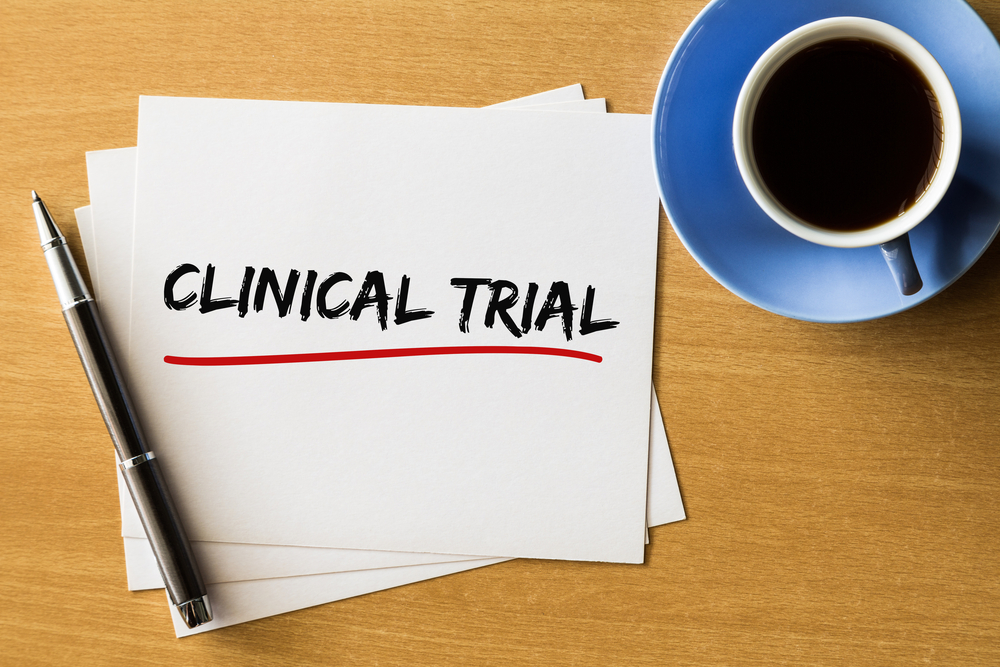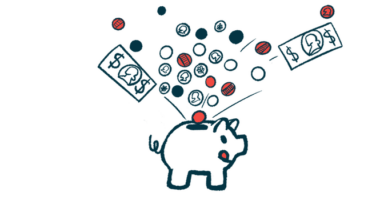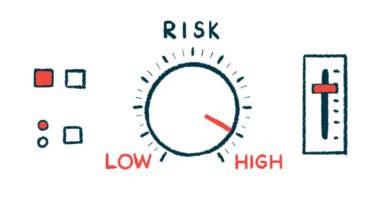First Myeloma Patient Joins Trial of Therapy for Cancers That Failed to Respond to Treatment

The first multiple myeloma patient has enrolled in a trial of Celyad‘s T-cell therapy for seven types of cancer that have failed to respond to treatment.
It marks the first time a person with a blood cancer has enrolled in the Phase 1b THINK trial (NCT03018405), which will assess NKR-2 CAR T-cells’ ability to treat the cancers. The patient is expected to receive the first dose in the next few weeks.
“Multiple Myeloma causes approximately 10% of all hematologic [blood] malignancies, and while efficient treatments are available, most patients will eventually relapse. Celyad has generated breakthrough preclinical data in murine [mice] models, leading to 100% long-term survival,” Frédéric Lehmann, vice president of clinical development and medical affairs at Celyad, said in a press release.
“The enrollment of a first refractory [non-treatment-responsive] multiple myeloma patient demonstrates the consistency of our clinical approach and highlights the unique ability of our CAR-T NKR-2 technology to target both solid and hematological malignancies,” he added.
In addition to patients with multiple myeloma, THINK is assessing patients with five solid-tumor cancers — ovarian, colorectal, bladder, triple-negative breast, and pancreatic. It is also evaluating patients with acute myeloid leukemia.
The trial will test three dose levels of NKR-2 T-cells. Patients will receive a dose three times in two weeks, then go to a higher dose for another two weeks.
The dose escalation phase of the study will cover 24 patients. An extension phase that follows the dosing-escalation component is expected to enroll 86 additional patients.
CAR T-cells are immune cells taken from a patient that are genetically modified to bolster their ability to identify and kill cancer cells. The modifications are based on the proteins the cells express at their surface.
Celyad’s NKR-2 therapy allows lymphocytes, a type of immune cell, to express the human NK receptor NKG2D. When cancer cells express molecules recognized by NKG2D, the receptor becomes active, triggering the deaths of the malignant cells.
“Following the registration of three patients in solid indications, the THINK trial is now following on from our previous NKR-2 Phase 1 trial which demonstrated the safety and signs of efficacy of CAR-T NKR-2 cells in cancer patients suffering from hematological cancers,” said Christian Homsy, CEO of Celyad. “We now look forward to enrolling patients suffering from AML [acute myeloid leukemia] or MM [multiple myeloma] into the hematological arm of THINK and we hope that the related results will be as encouraging as they have been so far with lower dose levels.”






